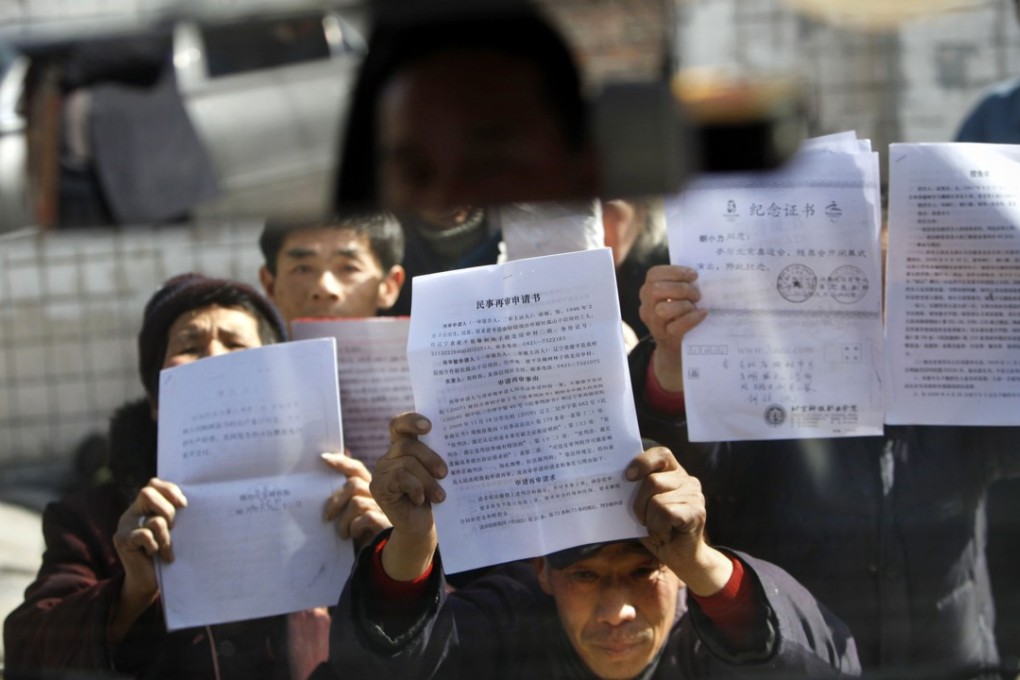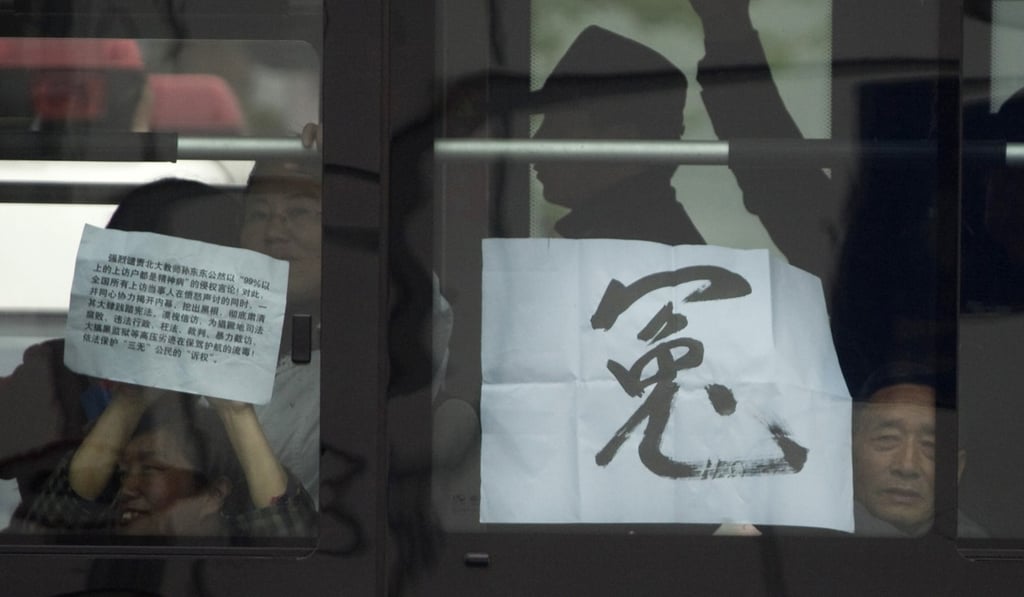Elderly woman exonerated after being jailed for petitioning over land dispute in China
Guangdong court overturns extortion conviction against Zeng Xiuzhen, 72

An elderly woman in southern China was exonerated eight years after being jailed for petitioning over a land dispute, in a rare court ruling in favour of a petitioner – people often seen as a source of social instability by the ruling Communist Party.
Guangdong’s high court said Zeng Xiuzhen, 72, had been acting within her rights when she complained about the compensation she had been offered from the buyers of her land, and it overturned a lower-court ruling convicting her for “extorting” money from them.
The ruling was handed down on Monday last week but the verdict only reached Zeng’s lawyer this Monday, Shanghai-based news outlet Thepaper.cn reported.
Beijing has clamped down on petitioning – a practice where Chinese air their grievances through letters and visits to the leadership – in recent years, and hundreds of petitioners have been found guilty of extortion after receiving compensation payments, usually from local authorities, when their land was sold for development.
